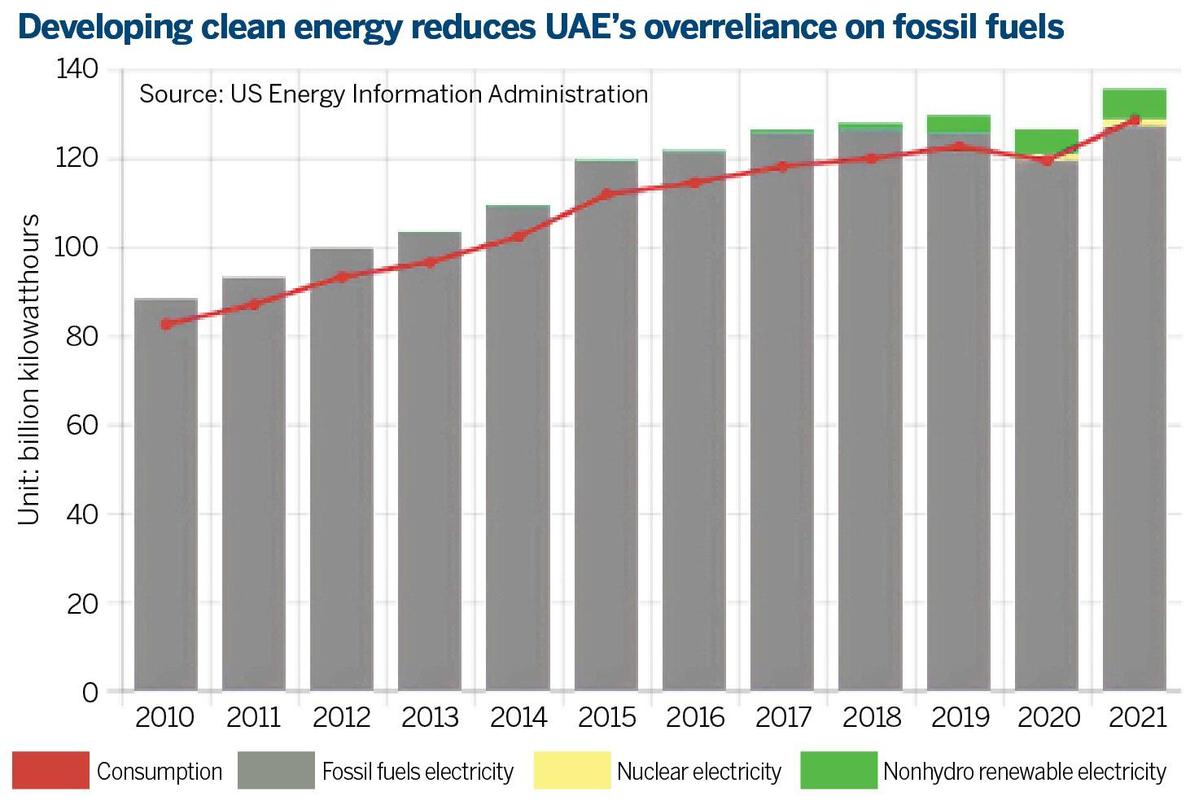A clean green sheet on the Silk Road


Loai Sharkawi - an EPC (engineering, procurement and construction) construction manager of the PV solar project - has a say in the crowdsourcing and cross-pollination of wisdom entrenched in the partnership.
Gathering at an oval table, where an oversized strategy map was unfurled, with a projector flickering overhead, Sharkawi led a crew of engineers, contractors and suppliers, gesticulating, scribbling notes, picking each other's brains in a frenzied discussion. Inspecting the "Road Map", as Sharkawi calls it, and brainstorming feasible fixes when work deviates from its expected course is a daily, weekly and monthly routine, he says. There is a free flow of know-how and transparency of techniques there, without the need to keep knowledge and information to oneself, which Sharkawi appreciates.
All the skills picked up from the project will translate into brownie points glamorizing his resume. "I'll carry it along into my future career, future projects, other companies, developers and owners to help make the planet green."
"As a technology agnostic company, we're open to work with manufacturers, investors, EPC partners from all over the world. We haven't ever been finding ourselves in a difficult situation where we have to work only with Chinese (entities)," clarifies Alobaidli. What drives them to lay a sustained partnership, he says, is when they see the technical and economic value the partner could bring, and the contractor or investor is on the same wavelength, which is a recipe for the collaboration with China.
"China is on the top of clean energy innovation, with its forte being cost-effective manufacturing facilities - high-capacity factories to produce solar panels," says Quentin des Cressonnieres, general manager of Engie Services Kuwait.
In an open-source world, there is little concealment of information and knowledge. "With Chinese contractors and all the others as well, we could maintain a very transparent and reciprocal relationship," he says.
There have always been skeptical noises around "because everyone (from the international community) wants the whole piece of the cake. They don't want to share it with you, but Chinese policies for BRI are all about sharing," argues Professor Man Hau-chung, dean of the Faculty of Engineering at the Hong Kong Polytechnic University. "We're helping those developing countries along the Green Silk Road to build infrastructures and develop renewable energies and transport," which are their lifelines, says Man, who envisages a more powerful dynamic in green energy globally.
























